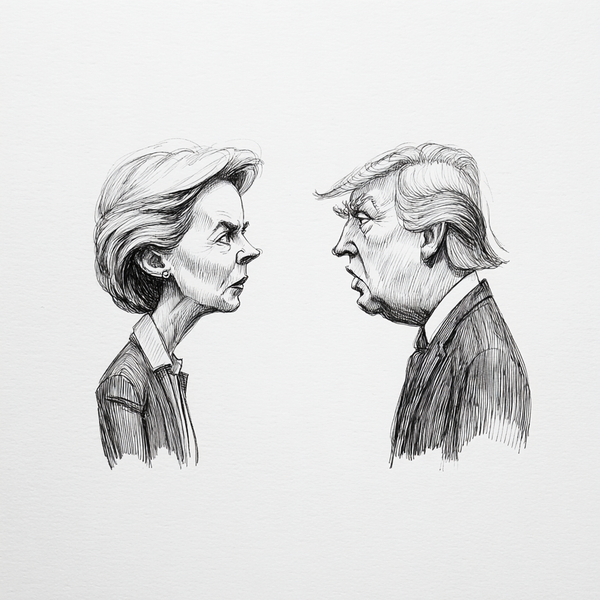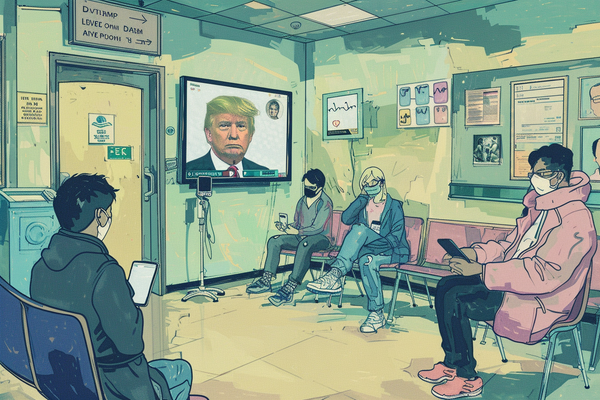WASHINGTON — The Trump administration is pushing an initiative for millions of Americans to upload personal health data and medical records on new apps and systems run by private tech companies, fundamentally reshaping how Americans access their most sensitive information.
Leaders from more than 60 companies, including major tech companies such as Google and Amazon, as well as prominent hospital systems like the Cleveland Clinic, convened at the White House on Wednesday to discuss what the administration is calling a "digital health ecosystem." The program promises seamless record access through QR codes, AI-powered health conversations, and integrated fitness tracking. Officials at the Centers for Medicare and Medicaid Services, in charge of maintaining the system, have said patients will need to opt in for the sharing of their medical records and data, which will be kept secure.
But here's where things get messy. The initiative, spearheaded by an administration that has already freely shared highly personal data about Americans in ways that have tested legal bounds, could put patients' desires for more convenience at their doctor's office on a collision course with their expectations that their medical information be kept private. Georgetown law professor Lawrence Gostin didn't mince words: "Patients across America should be very worried that their medical records are going to be used in ways that harm them and their families."
The timing is particularly striking given Health Secretary Robert F. Kennedy Jr.'s documented interest in mining medical data for his vaccine safety crusade. Kennedy also sought to collect more data from Americans' medical records, which he had previously said he wanted to use to study autism and vaccine safety. Meanwhile, digital privacy advocates warn this creates "an open door for the further use and monetization of sensitive and personal health information."
So let's get this straight: an administration that's already pushed privacy boundaries now wants Americans to hand over their most intimate health details to the same tech giants already under fire for data harvesting? The promise of convenience is seductive—no more fax machines, instant access to records, and AI-powered health insights. But when tech companies like Noom can suddenly "pull medical records, including labs or tests, of its users into its AI-driven analysis," we're not just talking about digital transformation. We're talking about the commodification of human vulnerability.
As Americans weigh convenience against privacy, one question looms large: in an era where data is the new oil, are we about to hand over the drilling rights to our bodies?
Written by










